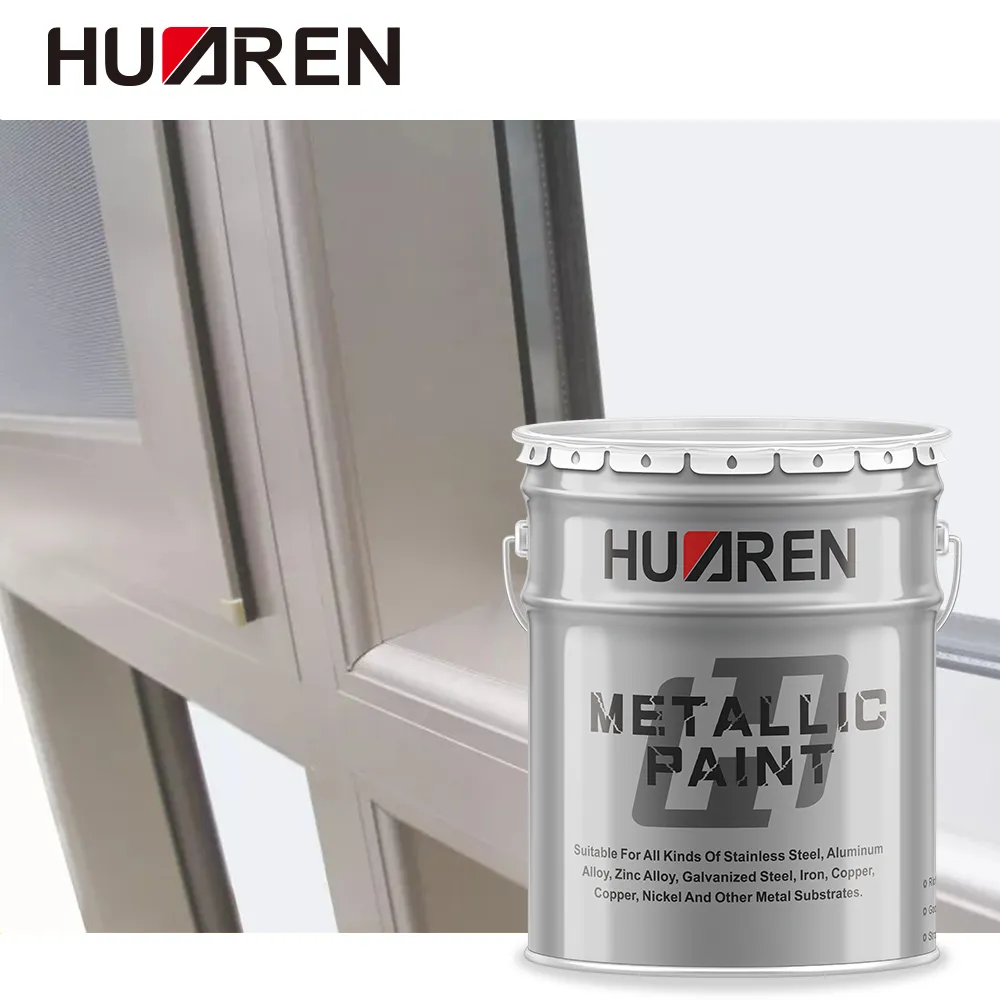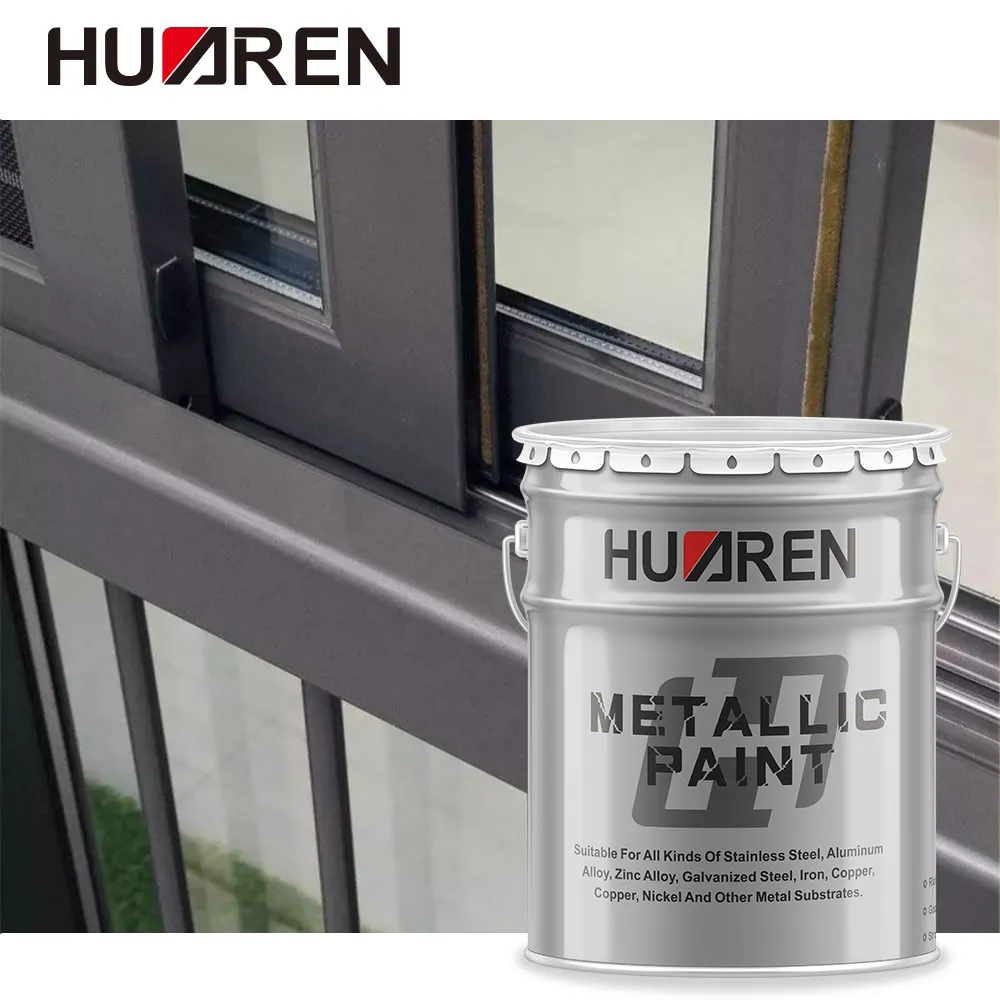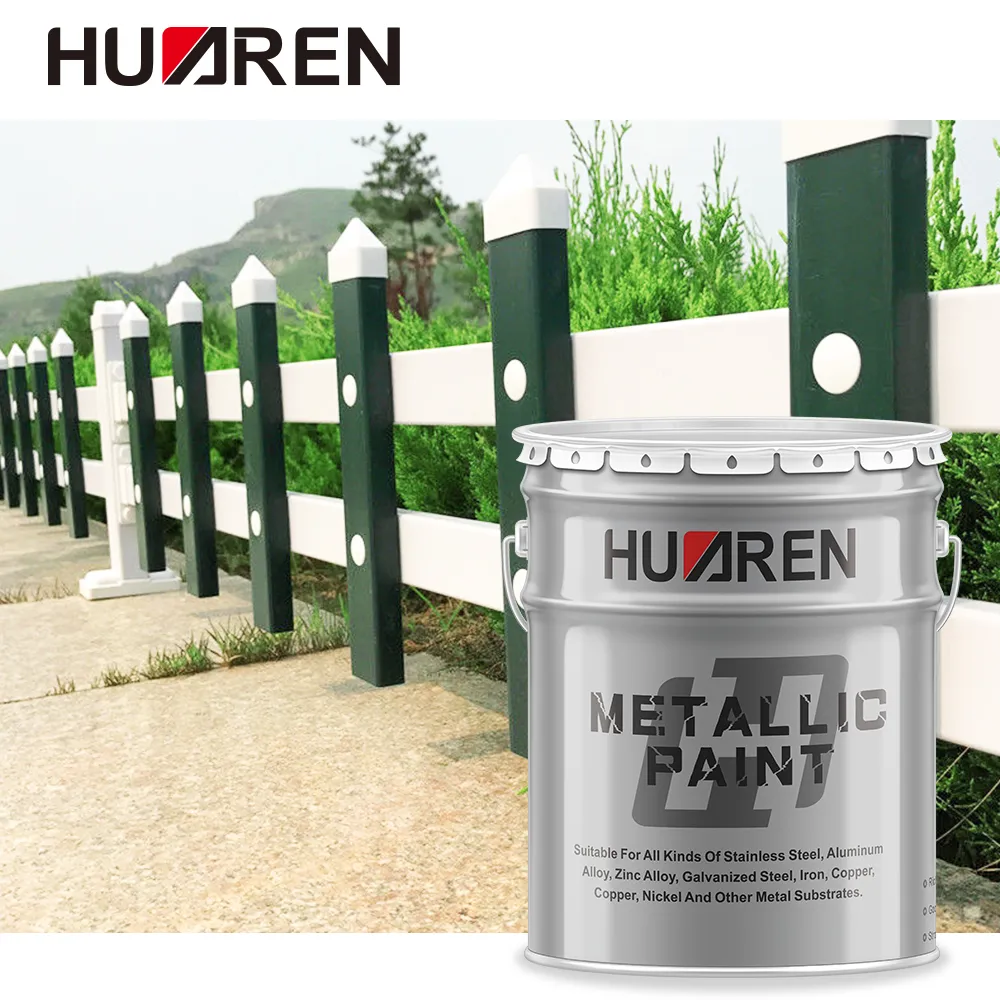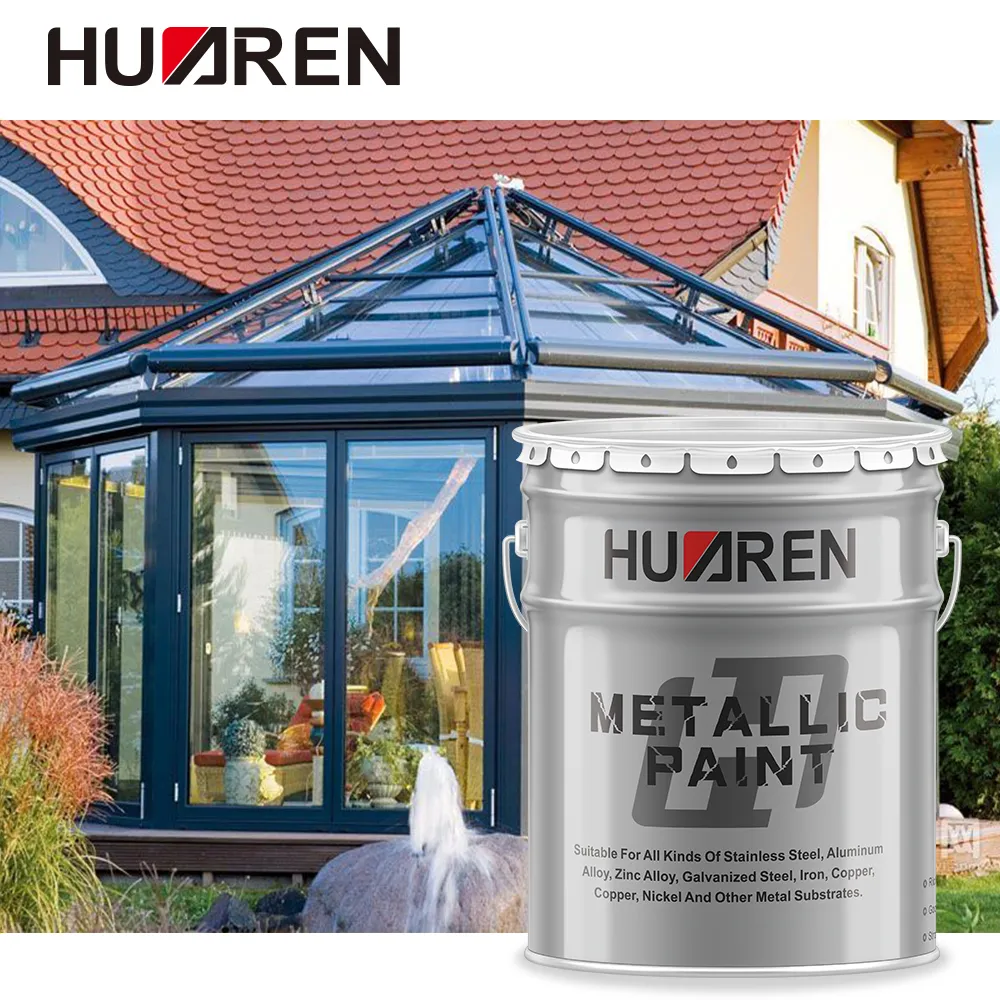As an efficient anti-corrosion coating, epoxy primer is widely used in industry, construction, machinery and other fields. However, for many construction workers and coating users, the question of "whether epoxy primer needs thinner" often raises questions. This article will conduct an in-depth analysis of the characteristics, construction requirements and use environment of epoxy primer to answer this key question.

What is epoxy primer?
Epoxy primer is a primer product with epoxy resin as the main film-forming substance, usually mixed with a curing agent. Its main function is to provide excellent adhesion, anti-corrosion and mechanical properties, while providing a good base for subsequent coatings. Epoxy primer is usually used for the protection of surfaces such as steel and concrete, and is an important anti-corrosion coating for facilities such as bridges, ships, and oil tanks.
The composition of epoxy primer includes the following main ingredients:
● Epoxy resin: provides strength and chemical resistance;
● Curing agent: reacts with epoxy resin to form a cured film;
● Pigments and fillers: give the coating color and anti-rust properties;
● Additives: improve construction performance or improve film properties;
● Solvents or diluents (optional): adjust viscosity for easy construction.

Why is a diluent used when applying epoxy primer?
In actual construction, whether a diluent is needed depends mainly on the following factors:
● Original viscosity of the coating: The formula design of the epoxy primer determines its original viscosity. If the product has a high viscosity when it leaves the factory, direct use may cause difficulty in brushing or spraying. At this time, adding an appropriate amount of diluent can reduce the viscosity and improve construction performance.
● Different construction methods: Common construction methods include brushing, rolling and spraying. Spraying construction has high requirements for the fluidity and atomization effect of the coating, so it is usually necessary to dilute it appropriately to meet the requirements of the spraying equipment. Brushing or rolling construction has relatively low requirements for viscosity, and you can choose whether to dilute it according to actual needs.
● Influence of environmental conditions: The temperature and humidity of the construction environment will also affect the rheological properties of the coating. Under high temperature conditions, the viscosity of the coating will decrease and diluent may not be needed. Under low temperature conditions, the coating may become thicker. At this time, the addition of an appropriate amount of diluent can ensure smooth construction.
● Complexity of the surface of the coated object: Faced with complex structures or hard-to-reach corners, the diluted epoxy primer is easier to cover evenly, thereby ensuring the integrity of the coating.
What are the pros and cons of using diluents?
Although diluents can improve construction performance, they may also bring some potential problems. Therefore, it is very important to understand the pros and cons of diluents before using them.
Advantages:
● Improve the fluidity of the coating and facilitate construction;
● Reduce tool clogging and improve spraying efficiency;
● Improve the surface flatness of the coating.
Disadvantages:
● Excessive dilution may result in insufficient coating thickness and affect anti-corrosion performance;
● Improper diluent selection may destroy the chemical stability of the coating;
● Volatilization of diluents may increase the concentration of harmful gases at the construction site and affect the health of construction workers.

How to use diluents correctly in epoxy primer construction?
In order to ensure the performance and construction effect of the coating, the use of epoxy primer thinners should follow the following principles:
● Choose a suitable thinner: The thinner of epoxy primer is usually a special solvent whose composition is compatible with the chemical properties of epoxy resin. Do not use non-specified thinners to avoid damaging the performance of the coating.
● Control the dilution ratio: The addition ratio of the thinner is generally clearly specified in the product manual provided by the manufacturer, usually between 5% and 10%. Do not add excessive amounts to avoid affecting the physical properties of the coating.
● Evenly mix: After adding the thinner, stir it thoroughly to ensure that the coating is uniform. If the stirring is not sufficient, it may lead to uneven coating performance, insufficient adhesion or surface defects.
● Pay attention to the construction environment: The diluted paint should be applied in a well-ventilated environment to avoid harm to personnel caused by the volatiles of the thinner. At the same time, pay attention to the impact of changes in ambient temperature and humidity on the construction effect.
Practical application case analysis
● Ship anti-corrosion: In the construction of hull anti-corrosion, the use of thinners is inevitable because large-area spraying is required and the environment is usually hot and humid. By diluting the paint appropriately, you can ensure that the epoxy primer is sprayed evenly and reduce sagging.
● Steel structure painting: In steel structure construction, most of the methods are brushing or rolling. For steel components with complex structures, the appropriate use of diluents can make the paint more easily penetrate into small gaps and enhance the anti-corrosion effect.
● Industrial floor: The construction of epoxy floor paint needs to achieve a certain leveling effect. In order to ensure that the surface of the floor is smooth and flat, construction workers usually add a small amount of diluent to adjust the fluidity of the paint.
FAQ
● What problems will occur if diluent is not used?
Not using diluent may cause the viscosity of the paint to be too high, making construction more difficult. Pulling may occur when brushing, and the spray gun may be blocked when spraying.
● Will the performance of epoxy primer decrease after using diluent?
Adding diluent within the specified proportion usually does not significantly affect the performance of the paint. However, excessive use may cause the coating film to be too thin or the adhesion to decrease.
● Can epoxy primer be diluted with water?
Epoxy primer is a solvent-based paint and cannot be diluted with water. Incorrect dilution can cause the paint to delaminate or fail to cure.

Huaren Chemical Industry Co., Ltd. is a professional manufacturer and supplier of high-quality industrial coatings and resins in China. Established in 1994, our modern factory features 30 advanced paint production lines and 6 resin production lines, allowing us to meet diverse customer needs with a production capacity exceeding 20,000 tons annually. We specialize in producing a wide range of products, including epoxy paints, acrylic paints, alkyd paints, chlorinated rubber paints, and phenolic coatings. Our solutions cater to industries such as petrochemical, machinery, shipbuilding, and construction. As a trusted supplier, we provide low prices, wholesale deals, and customized products to meet your specific requirements. Whether you're looking to buy high-quality coatings for large-scale projects or seeking a reliable China-based supplier for bulk purchasing, Huaren Chemical ensures premium quality, competitive quotes, and excellent customer support. Our products are exported globally, reaching markets in Africa, Southeast Asia, and Europe, making us your ideal partner for industrial coatings.

